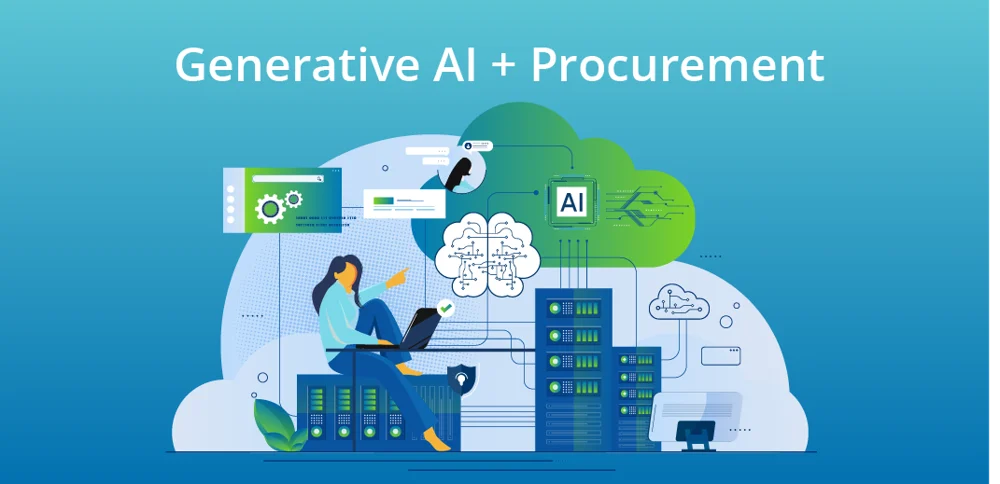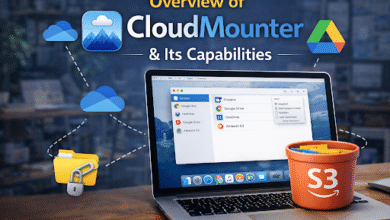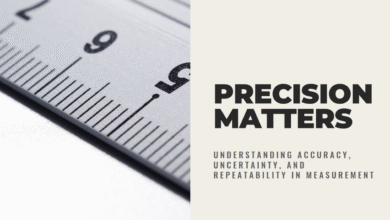How AI is Transforming Procurement and Sourcing in 2025

In today’s fast-paced business environment, artificial intelligence (AI) is no longer just a futuristic concept—it is actively reshaping industries. One area witnessing significant transformation is procurement and sourcing. Organizations are leveraging AI to optimize processes, reduce costs, and improve decision-making. For companies exploring cutting-edge solutions, platforms like Generative AI for Procurement and Sourcing provide intelligent tools to streamline operations efficiently.
The Role of AI in Modern Procurement
AI has the power to analyze vast amounts of data, identify patterns, and provide actionable insights. In procurement, this translates into smarter supplier selection, demand forecasting, and risk management. By automating routine tasks, AI enables procurement teams to focus on strategic initiatives, thereby driving organizational growth.
Predictive Analytics for Smarter Sourcing
One of the key AI capabilities in procurement is predictive analytics. By analyzing historical data and market trends, AI can forecast demand and optimize inventory levels. This reduces the risk of stockouts or overstocking, ensuring that businesses maintain the right balance. Predictive analytics also helps identify cost-saving opportunities by recommending alternative suppliers or sourcing strategies.
Automating Routine Procurement Tasks
Many procurement processes involve repetitive tasks such as purchase order creation, invoice processing, and supplier communication. AI-powered agents can automate these tasks with high accuracy, reducing manual effort and minimizing errors. For instance, tools like Procurement AI Agents can handle workflow automation, freeing up human resources for higher-value decision-making.
Benefits of AI in Sourcing and Supplier Management
AI is not just about automation; it brings strategic benefits to sourcing and supplier management. Organizations leveraging AI experience improved efficiency, reduced operational costs, and better supplier relationships.
Enhanced Supplier Selection
Selecting the right suppliers is critical for maintaining quality and cost-efficiency. AI evaluates multiple factors, including supplier performance, risk metrics, and market conditions, to recommend optimal partners. This data-driven approach reduces human bias and ensures more objective decision-making.
Risk Management and Compliance
Supply chain disruptions can significantly impact business operations. AI helps identify potential risks such as supplier financial instability, geopolitical issues, or regulatory non-compliance. By monitoring these factors in real-time, AI enables procurement teams to proactively mitigate risks, ensuring continuity and compliance.
Cost Optimization and Negotiation
AI can identify patterns in procurement spending and highlight areas where costs can be reduced. Machine learning algorithms analyze pricing trends, historical purchase data, and supplier performance to suggest negotiation strategies. This allows organizations to secure better deals while maintaining strong supplier relationships.
Leveraging AI for Strategic Procurement
Adopting AI in procurement is not just about efficiency—it enables organizations to move from tactical operations to strategic procurement. AI-driven insights help procurement teams focus on innovation, sustainability, and value creation.
Real-Time Decision Support
AI systems provide real-time insights into procurement operations, helping managers make informed decisions quickly. By combining data from multiple sources, AI creates a comprehensive view of supplier performance, market conditions, and internal demand patterns. This real-time visibility enhances agility and responsiveness.
Streamlined Collaboration
AI tools facilitate seamless collaboration between procurement teams and suppliers. Automated workflows, intelligent dashboards, and predictive insights improve communication, reduce delays, and enhance transparency. This collaborative approach strengthens supplier partnerships and drives overall supply chain efficiency.
Driving Innovation with Generative AI
Generative AI is revolutionizing how procurement teams approach problem-solving and decision-making. By generating innovative strategies, proposals, and solutions, AI supports creative approaches to cost reduction, supplier engagement, and process optimization. Platforms like Generative AI for Procurement and Sourcing are at the forefront of enabling these transformative capabilities.
Challenges and Considerations
While AI offers numerous benefits, organizations must address certain challenges to maximize its potential. Data quality, integration with existing systems, and workforce readiness are critical factors. Successful implementation requires a clear strategy, continuous monitoring, and alignment with business objectives.
Ensuring Data Quality
AI models rely heavily on accurate and complete data. Organizations must invest in data cleansing, standardization, and enrichment to ensure AI delivers reliable insights.
Integration with Legacy Systems
Many companies still operate with legacy procurement systems. Integrating AI tools with these systems can be challenging but is essential for seamless automation and insights generation.
Workforce Adaptation
AI adoption requires reskilling procurement teams to work alongside intelligent agents. Training programs and change management initiatives help ensure smooth transitions and maximize ROI.
The Future of AI in Procurement
AI is set to become an integral part of procurement and sourcing strategies. As technology continues to advance, organizations that embrace AI will gain a competitive edge through improved efficiency, cost savings, and strategic insights. The combination of predictive analytics, intelligent automation, and generative AI promises a future where procurement is faster, smarter, and more agile.
In conclusion, AI is no longer optional for procurement leaders—it is essential. Leveraging platforms like Procurement AI Agents allows organizations to automate routine tasks, enhance supplier management, and make data-driven strategic decisions. By embracing AI, businesses can transform procurement from a transactional function into a strategic driver of growth.



